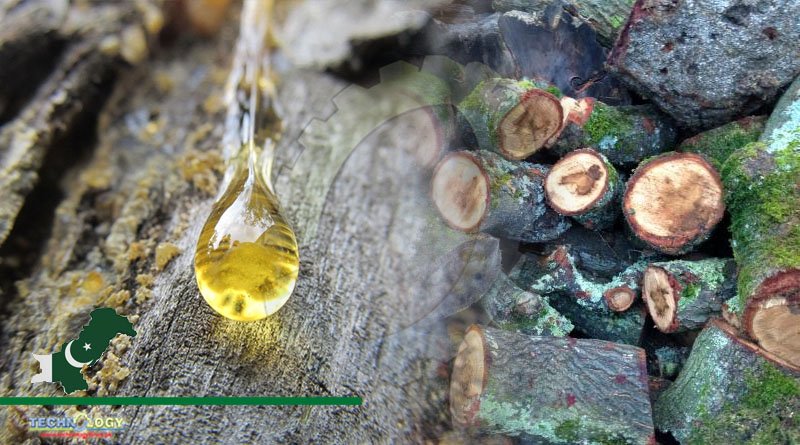The second conference on exploration of China-Pakistan tropical arid non-wood forest science and technology exchange cooperation in Gwadar was held online.

The second conference on exploration of China-Pakistan tropical arid non-wood forest science and technology exchange cooperation in Gwadar was held online.
According to Gwadar Pro on Tuesday, theme of the second conference was on highly efficient water and soil conversion plants.
Two research fellows, Ms Razia Junaid and Ms Misbah Amin presented their research papers. Pakistani delegation consisting of professors of Faisalabad and Karachi universities participated online, while other dignitaries consisting of Chairman COPHC Zhang Baozhong, Chancellor Indus University Khalid Amin and senior officials from Chinese Embassy and Karachi Consulate took part through video link.
Indus University, University of Karachi and Faisalabad University of Agriculture in collaboration with China’s Central South University of Forestry and Technology and China Overseas Ports Holding Company have jointly established the Belt and Road Scientific Research Laboratory in Gwadar Free Zone.
The conference is a sustainable research cooperation program between Pakistani and Chinese academic and research institutions.
The Scientific Research Laboratory has taken remarkable steps to promote the agricultural development of Gwadar and Balochistan. Scientific research on xerophytes has been conducted. Using the modernized sophisticated tissue culture and cloning techniques many varieties of bananas, jujube and fig plants have been grown in Gwadar green house.
The objective of this coordination is the transfer of modern technological know-how to Pakistan to produce water efficient plants adaptable to Gwadar’s arid ecosystem.
China has dramatically de-desertified large swaths of arid land, known as the Great Green Wall, to cultivable land. This serves two-goods of generating revenue and helping curb climate change.
Non-wood forest science Land Use means an area managed for uses other than for the production of timber and other forest products or for the maintenance of woody vegetation for such indirect benefits as protection of catchment areas, wildlife habitat, or recreation. Non-wood forest products such as cork, fruits and nuts, mushrooms, medicinal and aromatic plants, and forage for livestock have been used for food, health, and cultural purposes for thousands of years.
Originally published at Pakistan Today